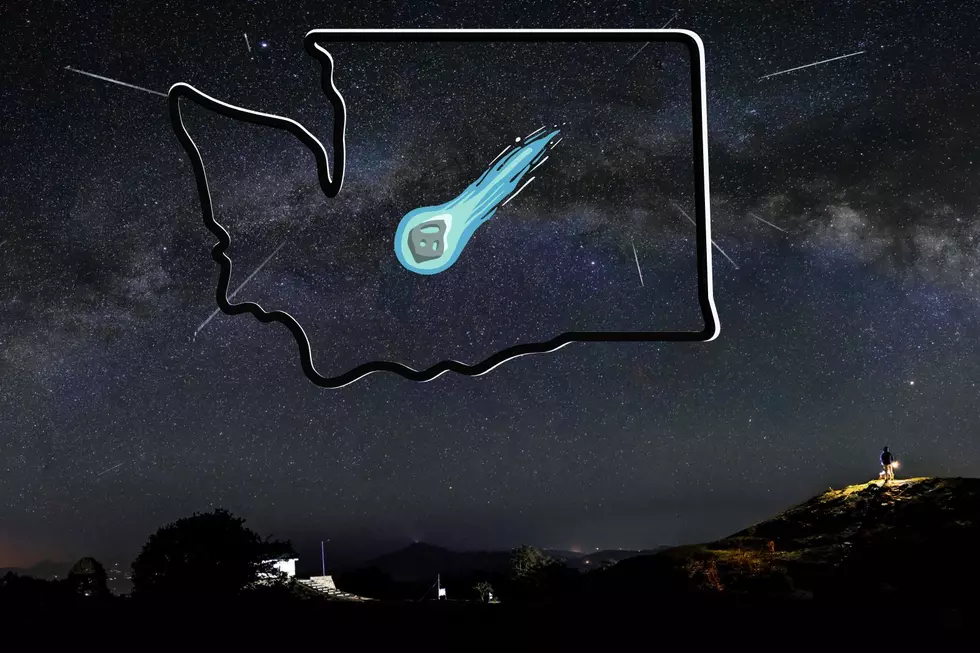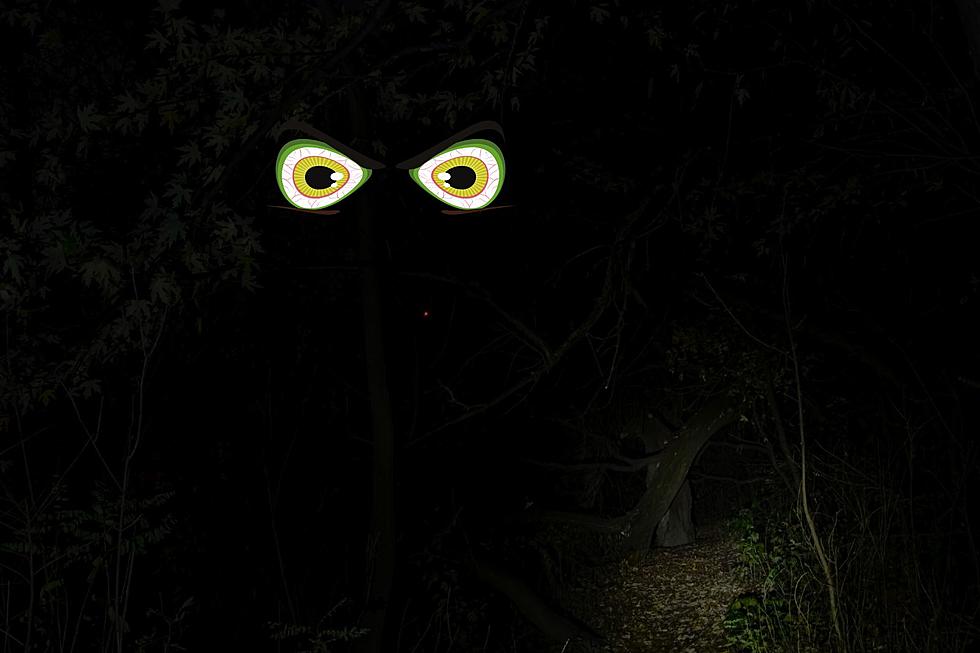
Look Up Washington! Next Week is Peak Lyrid Meteor Shower Season
Even Seattle should get a chance to witness this amazing yearly event with low cloud cover next week!
The Lyrid Meteor Shower Season for Washington State Just Started
If you have never witnessed the Lyrid Meteor Shower, make some time to witness it for yourself over the next week or two. This meteor show is visible from April 15 to April 29th yearly, with the peak being around April 23rd. According to NASA, the meteor show is caused by "pieces of space debris that interact with our atmosphere to create the Lyrids originate from comet C/1861 G1 Thatcher". The comet was discovered on April 5, 1861, by A. E. Thatcher who it is named after. Normally, you can expect to see 8-10 meteors per hour, however, sometimes the amount is much greater with some showing 100 per hour or more.
"Comet of Origin- C/1861 G1 Thatcher
Active - April 15 to April 29, 2023 (Peak April 23)
Peak Activity Meteor Count - About 18 meteors per hour
Meteor Velocity - 29 miles (47 kilometers) per second" i.e. Science.Nasa.gov.
Washington Weather Next Week at Peak Expected to be Clear
Sometimes, the weather does not cooperate with the timing of the Lyrid Meteor Shower but this year should be fine. Even Seattle is expecting minimal cloud cover and mostly clear skies next week around the peak times for viewing. If you can, traveling outside of any larger city area will make the meteor shower easier to see. The name Lyrid comes from the constellation they learn to be coming from, Constellation Lyra. NASA gives some good tips if you want to try and observe the meteor shower yourself. "The Lyrids are best viewed in the Northern Hemisphere during the dark hours (after moonset and before dawn). Find an area well away from city lights or street lights. Come prepared with a sleeping bag, blanket, or lawn chair. Lie flat on your back with your feet facing east and look up, taking in as much of the sky as possible. After about 30 minutes in the dark, your eyes will adapt and you will begin to see meteors. Be patient – the show will last until dawn, so you have plenty of time to catch a glimpse."
LOOK: Washington Small Businesses Thrive in These Counties
Gallery Credit: Stacker
More From 97.1 KXRX

![[PHOTOS] Washington Wildfire Fury: Road Closures Announced](http://townsquare.media/site/134/files/2024/07/attachment-Untitled-design-26.jpg?w=980&q=75)







